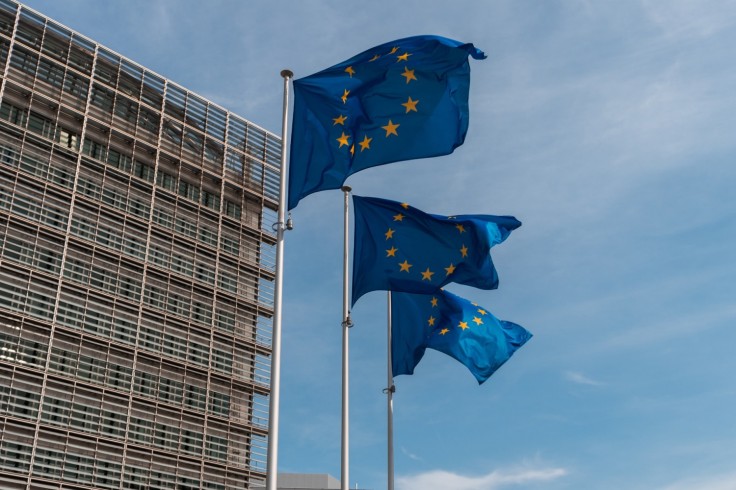The European Union (EU) recently filed a lawsuit against China at the World Trade Commission (WTO) to protect companies' telecom tech patents from the latter country's restrictions.

According to the European Commission (EC), China has been preventing companies in the EU from going to foreign courts since August 2020 to protect their telecom technology patents or standard-essential patents (SEPs) using four "anti-suit injunctions" or heavy fines. The Commission also added that Chinese manufacturers do this to benefit from cheaper or even free access to European technology - something that puts European high-tech companies at a significant disadvantage when fighting for their rights.
Meanwhile, patent holders who do contest China's restrictions find themselves under pressure to settle for licensing fees below market rates.
"This Chinese policy is extremely damaging to innovation and growth in Europe, effectively depriving European technology companies of the possibility to exercise and enforce the rights that give them a technological edge," the EC said.
The EU already notified China several times about the problem to find a solution, but no reply was sent back. This lack of reply led the EU to call China's actions "inconsistent with the WTO agreement on Trade-Related Aspects of Intellectual Property Rights".
What are SEPs?
SEPs are essential in manufacturing goods, such as mobile phones, to meet a certain international standard. Patent owners whose technologies are protected by SEPs may license these patents to manufacturers, who should obtain such license for their goods, under fair, reasonable, and non-discriminatory terms.
If a manufacturer does not obtain a license, and/or refuses to pay for one, the patent owner can then enforce the patents' protection to get a court to stop the sales of the products that have used unlicensed technology.
Many patented technologies are required to make 2G, 3G 4G, and 5G networks work, the EC says.
What's Next for the EU?
According to a report by Reuters, the EC had already consulted the United States and Japan on the matter rather than only talking to China, as these countries have had their own SEP holders face similar challenges from the East Asian power.
The EU has also already taken the first step towards its dispute settlement proceedings, which are its dispute settlement consultations. Should these consultations come back without a satisfactory solution within 60 days, the EU can request the WTO to set up a panel to rule on the issue.
Meanwhile, China said it regretted the EU challenge, adding that it always upheld the multilateral trading system.
This isn't the first time the EU and China had tensions over intellectual property. According to a report by South China Morning Post (SCMP), the EU previously lodged an intellectual property rights complaint at the WTO in June 2018 due to China's unfair requirement on foreign firms to hand over their technology to Chinese companies to do business in the country.
At that time, China was also the recipient of a similar complaint from the United States, which was filed at the WTO in March 2018.









